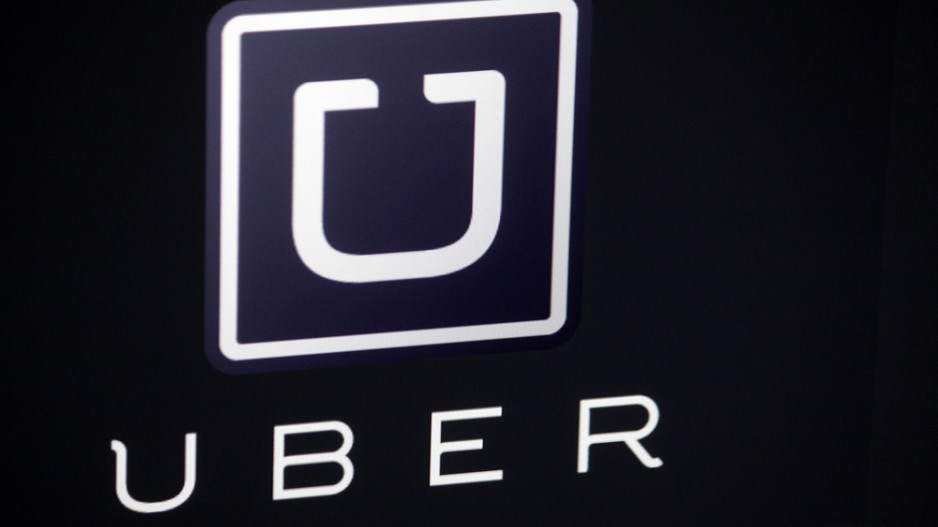The drama of Uber’s business story is a heady distraction from a much bigger story: the breakthrough it signals in the grossly inefficient way we allocate our automobile resources.Uber, as we’ve been hearing in many media reports, offers a software platform that makes taxi rides cheaper, simpler and faster, and allows anyone who meets security and insurance requirements to get into the taxi business. Ratings from drivers and passengers cover safety concerns, and software takes care of payments with a tap on the screen.
Uber now boasts that it’s in 220 cities and 45 countries, and it’s raising $1 billion in new financing that will value it at more than $35 billion. That’s three times the valuation of Hertz, 50% more than Twitter and around the same size as Delta AirLines and Kraft. The company says it’s adding 50,000 independent contract drivers a month.
It has achieved that while being, in the words of venture capitalist Peter Sims, quoted in San Francisco magazine, “the most arrogant company I’ve encountered, and the most unethical.”
Uber asks neither forgiveness nor permission, which is one reason why it’s getting so much pushback in B.C., where Transportation Minister Todd Stone is initiating sting investigations, the opposition NDP is pushing for bigger fines against its drivers, Vancouver city council has frozen new taxi licences and Vancouver taxi companies are embroiled in a pre-emptive lawsuit against it. Stone is essentially saying that only the government can properly protect consumers, even though Uber counters that its drivers are screened, insured and trusted by passengers in 220 other cities.
The taxi association says meeting regulation requirements handicaps it against an unregulated competitor. The city says it has to protect investors in cab licences, which are rumoured to be trading in the $500,000 to $800,000 range thanks to their protected status. Taxi owners have reason to fear Uber. In Uber’s hometown of San Francisco, ride-share services have taken over the taxi business, with the average number of monthly cab trips down from 1,424 per taxi to 504 in just over two years.
Put aside the human pain of licensees caught in this technological disruption, and the greed and illegal behaviour of Uber, and here’s the reason to cheer it on: although our prices are in the middle of the pack, Vancouver has the lowest number of cabs per capita of any city in Canada at 0.24 per 1,000 residents, compared to 1.3 per 1,000 in Montreal, 1.2 in Toronto and 1.4 in Calgary. Vancouver residents are being badly served by taxi companies capable of holding politicians hostage. I remember as a city councillor once being unable to get any cab to pick me up because I was in a neighbourhood they refused to serve.
Only with the threat of competition from ride-share companies have taxi companies started to step up their game. A new tech company called Flywheel (so far only in Seattle, San Francisco and Los Angeles) allows taxi customers to see nearby cabs from every company on their mobile devices, pay automatically and rate drivers.
Uber’s admittedly disruptive technology clearly outperforms our existing regulated model.
By giving consumers more choice, it reduces drunk driving, makes car ownership less necessary, lowers greenhouse gas emissions and generates thousands of part-time jobs. Its drivers complain of being exploited, but so do our taxi drivers. It starts to address the crazy unaffordable inefficiencies of our current car use: 80% of seating space typically wasted; use limited to two hours out of 24; parking mostly dependent on unpriced subsidized public spaces.
Uber, like HitchWhistler.com, car-sharing, autonomous vehicles, road pricing and dynamic parking meter rates, is part of a wave of new technology that is freeing us from today’s car inefficiencies that take such a toll on public health, congestion and infrastructure spending. It can’t happen soon enough.
Peter Ladner ([email protected]) is a founder of Business in Vancouver and a former Vancouver city councillor.




